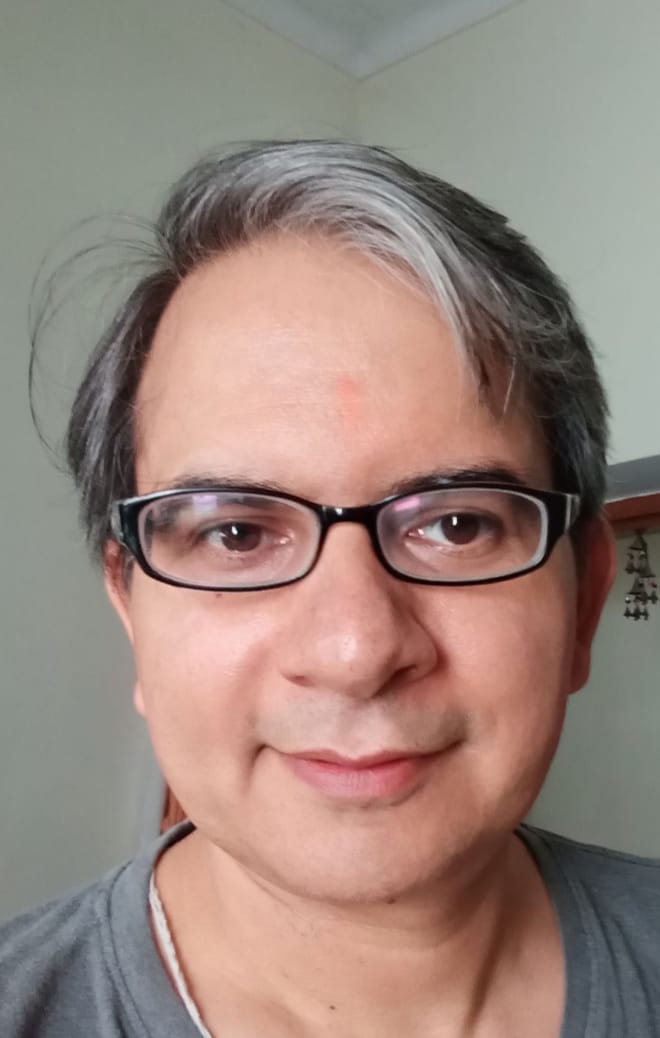Courts must be vigilant in abetment of suicide cases: Supreme Court sets free man accused of driving wife to suicide
The bench expressed its anguish, saying the ordeal for the appellant, which started some time in 1993, came to the end in 2024, i.e. almost after a period of 30 years of suffering.
